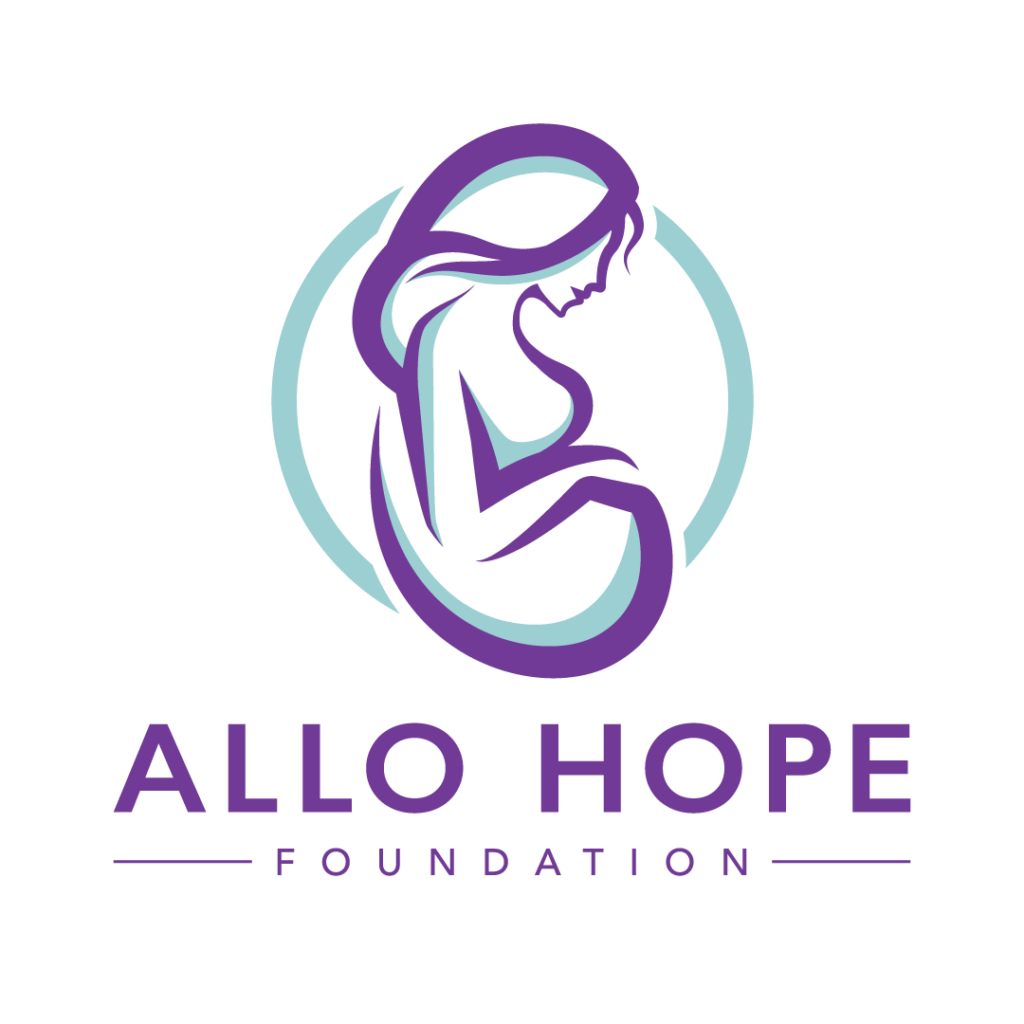Global Genes is pleased to announce the rare disease patient advocacy organizations receiving 2024 RARE Mental Health Impact Grants. These grants provide an opportunity for advocacy leaders to improve the health and mental well-being of the community groups they serve.
There was an overwhelming response to the call for mental health grants again this year, with more than 80 organizations submitting projects in three categories: designing educational tools and materials, creating or expanding support networks, and developing or enhancing programs.
Congratulations to the organizations who received the 2024 RARE Mental Health Patient Impact Grants!
The Allo Hope Foundation (AHF) serves families affected by maternal alloimmunization which can cause fetal/neonatal death in up to 50% of cases if untreated. While in the U.S. it is mostly preventable and treatable when managed properly, women in developing countries are more likely to experience fetal/neonatal loss because of limited access to prevention, and lack of screening or diagnostic tools. AHF has studied and published the mental health impacts of the condition for mothers in the U.S., but these resources are often unavailable in developing countries due to scarcity, cost, and stigma associated with asking for help. Peer support in underdeveloped countries is the most accessible and practical support that AHF can provide. The organization will offer peer to peer mental health support and educational support materials specific to the country. The program will focus on Kenya at this time.
LHON Collective
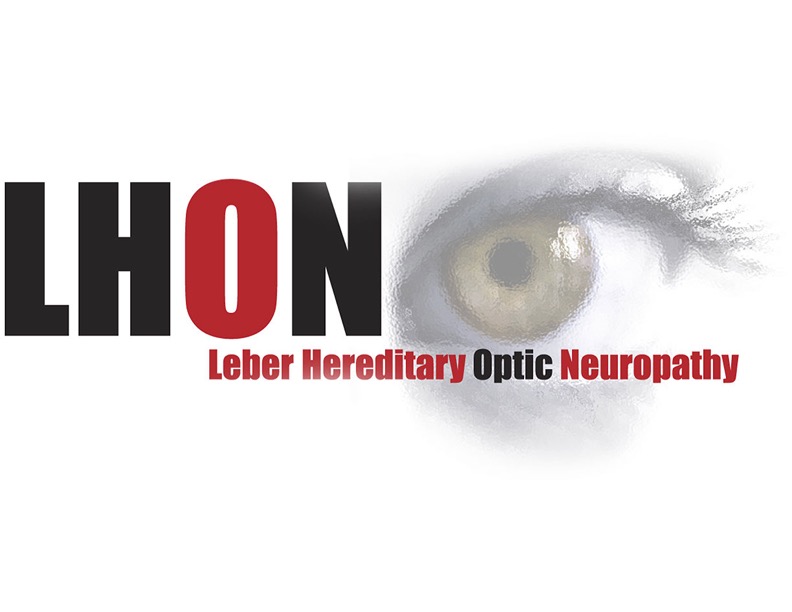 LHON Collective serves those diagnosed with Leber Hereditary Optic Neuropathy (LHON) and their families. Mental health professionals are often unaware of the condition and the specific challenges someone diagnosed with LHON may face. The education materials will educate mental health professionals about the challenges specific to those with LHON. The booklet will be available on the organization’s website for clinicians and patients to use, as well as organizations that support mental health professionals, vision impairment and mitochondrial disorders.
LHON Collective serves those diagnosed with Leber Hereditary Optic Neuropathy (LHON) and their families. Mental health professionals are often unaware of the condition and the specific challenges someone diagnosed with LHON may face. The education materials will educate mental health professionals about the challenges specific to those with LHON. The booklet will be available on the organization’s website for clinicians and patients to use, as well as organizations that support mental health professionals, vision impairment and mitochondrial disorders.
The Mito Foundation
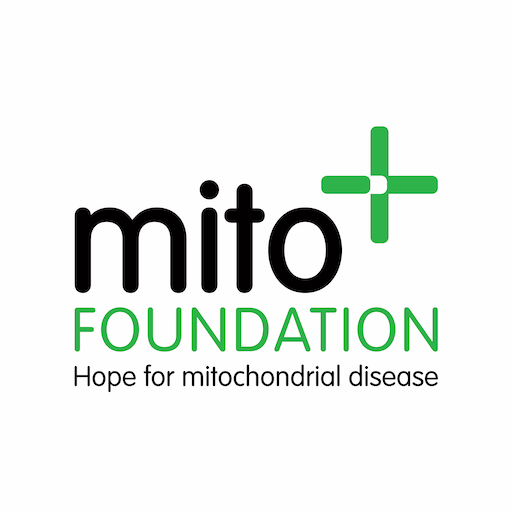 The Mito Foundation supports those diagnosed with mitochondrial disease and their family members, caregivers, and support system in Australia. The organization gathered feedback to ask how they could best serve the community, and the results showed that the mito community experiences social isolation due to the condition and caregiving responsibilities. Mito Connect Events will bring the community together with mito experts through webinars and social events that will create peer connections, sharing of information, and promoting positive mental health and well-being.
The Mito Foundation supports those diagnosed with mitochondrial disease and their family members, caregivers, and support system in Australia. The organization gathered feedback to ask how they could best serve the community, and the results showed that the mito community experiences social isolation due to the condition and caregiving responsibilities. Mito Connect Events will bring the community together with mito experts through webinars and social events that will create peer connections, sharing of information, and promoting positive mental health and well-being.
National Foundation for Ectodermal Dysplasias
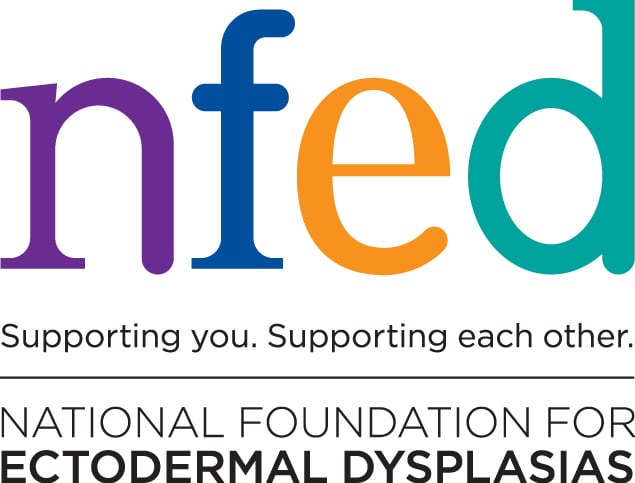 National Foundation for Ectodermal Dysplasias supports children diagnosed with ectodermal dysplasias (ED) and their families and caregivers. ED are inherited disorders that affect the hair, nails, sweat glands, and teeth. The uncertainty around the diagnostic process and the unique demands of raising a child with this condition often leads to stress, anxiety, and depression. The Wellness4Rare – ED program program, a digital mental health intervention, will incorporate cognitive behavioral therapy, online mental health self-assessments.
National Foundation for Ectodermal Dysplasias supports children diagnosed with ectodermal dysplasias (ED) and their families and caregivers. ED are inherited disorders that affect the hair, nails, sweat glands, and teeth. The uncertainty around the diagnostic process and the unique demands of raising a child with this condition often leads to stress, anxiety, and depression. The Wellness4Rare – ED program program, a digital mental health intervention, will incorporate cognitive behavioral therapy, online mental health self-assessments.
Oxalosis & Hyperoxaluria Foundation
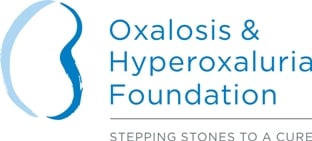 Oxalosis & Hyperoxaluria Foundation serves patients diagnosed with oxalosis and hyperoxaluria, and their support system. Individuals diagnosed with primary hyperoxaluria (PH) experience a heightened risk of mental health challenges, especially during young adulthood. The Words of Worth Hyperoxaluria Workshop will address the diverse psychosocial needs of young adults with PH and caregivers, and will be integrated into the organization’s annual Patient and Family Summit. The workshop seeks to reduce isolation, depression and anxiety among participants through holistic support, art and creative expression.
Oxalosis & Hyperoxaluria Foundation serves patients diagnosed with oxalosis and hyperoxaluria, and their support system. Individuals diagnosed with primary hyperoxaluria (PH) experience a heightened risk of mental health challenges, especially during young adulthood. The Words of Worth Hyperoxaluria Workshop will address the diverse psychosocial needs of young adults with PH and caregivers, and will be integrated into the organization’s annual Patient and Family Summit. The workshop seeks to reduce isolation, depression and anxiety among participants through holistic support, art and creative expression.
Pediatric Brain Tumor Foundation
 Pediatric Brain Tumor Foundation supports children diagnosed with brain tumors, as well as families and caregivers, and brain tumor survivors. Children and adolescents with brain tumors, and survivors, experience complex and unique challenges on mental health and well-being and their quality of life. The organization created a virtual support group in the fall of 2000, and has grown the program since to include parents, caregivers, siblings, bereaved parents, and also those who speak Spanish. The grant will allow the organization to expand mental health support services to survivors aged 17 to 25 and their families.
Pediatric Brain Tumor Foundation supports children diagnosed with brain tumors, as well as families and caregivers, and brain tumor survivors. Children and adolescents with brain tumors, and survivors, experience complex and unique challenges on mental health and well-being and their quality of life. The organization created a virtual support group in the fall of 2000, and has grown the program since to include parents, caregivers, siblings, bereaved parents, and also those who speak Spanish. The grant will allow the organization to expand mental health support services to survivors aged 17 to 25 and their families.
The Sumaira Foundation for NMO
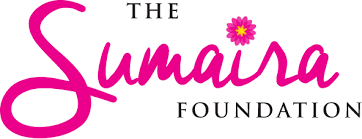 The Sumaira Foundation for NMO (TSF) serves the NMOSD (neuromyelitis optica spectrum disease) and MOGAD (myelin oligodendrocyte glycoprotein antibody-associated disease) communities. A recent survey TSF conducted found that the communities they serve experience anxiety (90%) and depression (68%) while dealing with treatment decisions, physical symptoms and the impact on quality of life. TSF will create a 6-part virtual course to address the mental health challenges that NMOSD and MOGAD patients experience. The virtual courses, along with exercises and lifestyle modifications, social connections with peers, and other prescribed instructions, will enhance the mental health and well being of the patients and families that TSF serves.
The Sumaira Foundation for NMO (TSF) serves the NMOSD (neuromyelitis optica spectrum disease) and MOGAD (myelin oligodendrocyte glycoprotein antibody-associated disease) communities. A recent survey TSF conducted found that the communities they serve experience anxiety (90%) and depression (68%) while dealing with treatment decisions, physical symptoms and the impact on quality of life. TSF will create a 6-part virtual course to address the mental health challenges that NMOSD and MOGAD patients experience. The virtual courses, along with exercises and lifestyle modifications, social connections with peers, and other prescribed instructions, will enhance the mental health and well being of the patients and families that TSF serves.
Thank you to all of the Global Advocacy Alliance members who applied for a RARE Mental Health Impact Grant this year. For more information about supporting the RARE Impact Grants, contact Kathy O’Connor at [email protected] or the Global Advocacy Alliance team at [email protected].
A special thank you to the sponsors of the 2024 RARE Mental Health Impact Grant: Alexion, Amgen, Amicus, Avidity, Beam, BioCryst, Blueprint, BridgeBio, Chiesi, TAF, and Travere Therapeutics.

Stay Connected
Sign up for updates straight to your inbox.

